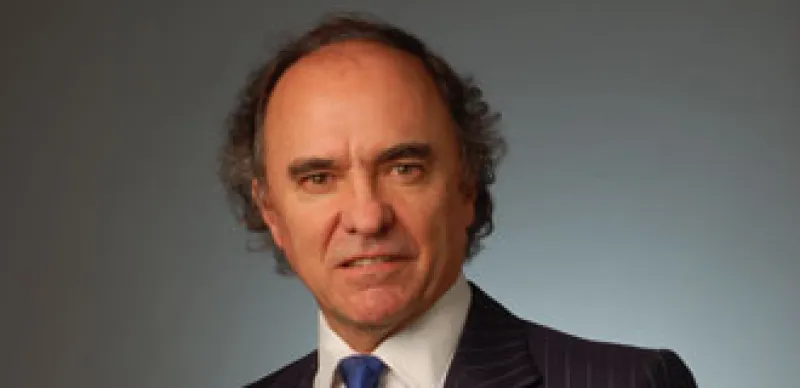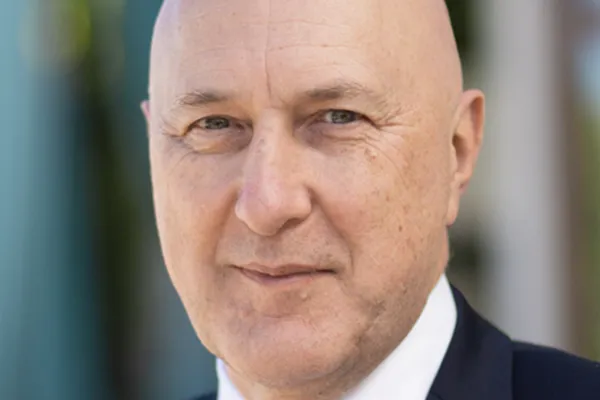According to the latest tally released in July by the U.S. Bankruptcy Court in Manhattan, more than 15,400 investors lost $64.8 billion in the greatest Ponzi scheme ever. Although no official scorecard exists, it’s safe to say that for many of the investors in Bernie Madoff’s funds — the well-heeled retirees, the nonprofits and the movie stars alike — a significant chunk of that cash is gone for good.
Unless, that is, they manage their money through a certain midsize Chilean brokerage. Santiago-based Celfin Capital fully reimbursed the 150 clients for whom it had invested $11 million in funds linked to Madoff’s firm. That may sound like a piddling amount compared with the €1.38 billion ($1.98 billion) that Spanish financial behemoth Banco Santander has agreed to return to its private banking clients in compensation for the total €2.33 billion it invested on their behalf in Madoff funds, but the repayment took a 40 percent bite out of what would have been $27.5 million in net income for Celfin last year.
Co-founding partner Jorge Errázuriz of Celfin makes the decision sound like a no-brainer. “These people turned their savings over to us, and we invested their money with a crook like Madoff,” says the 56-year-old Errázuriz. “Of course we were going to return all of their capital.”
Celfin’s other founding partner, Juan Andrés Camus, heard about Madoff’s arrest last December during a business trip in Brazil. The 20-year-old firm had invested in Madoff through a unit of Italian bank UniCredit Group. “First, we discussed partial compensation to clients,” says Errázuriz. But the partners figured that would eventually turn out to be more expensive in terms of tarnished prestige and lost client accounts. Within a few days, all seven partners had signed off on 100 percent restitution.
“The way Celfin handled its Madoff investments set the standard for the rest of the local investment banking community,” says Eduardo Santibañez, head of research for Chilean financial institutions at rating agency Fitch Ratings Chile. “But no other bank has followed suit — at least not publicly.”
Celfin’s new role as poster child of Chilean investment banking contrasts strongly with its sharp-elbows reputation among rivals. In recent years, Errázuriz and his partners have shaken up Santiago’s traditionally polite and slow-paced financial culture with rough-and-tumble maneuvers worthy of Wall Street. In a notorious 2004 incident, Celfin blindsided LarrainVial, a white-shoe Chilean investment bank, and Deutsche Bank, which together initially had the mandate to auction off U.S. beer giant Anheuser-Busch Cos.’ 20 percent stake in Chilean brewer CCU. Celfin secretly made an offer to Anheuser to purchase the CCU shares on behalf of a group of Chilean investors and was given the mandate for the auction instead. “We were just looking out for our clients,” Errázuriz said at the time. “Our view is that if it’s legal, we’ll do it.”
Celfin handles about $3 billion in private banking and $2.5 billion in asset management, mainly for Chilean private pension fund companies. The fees it earns are fairly evenly distributed among its asset management, private banking, brokerage and corporate finance businesses. Errázuriz says that before the Madoff scandal, it risked losing clients to giants, such as Santander, that claimed to have the research, sales and management resources to exploit worldwide opportunities.
Its restitution gamble seems to be paying off. Celfin’s net income reached $15 million in the first half of 2009 and is expected to exceed $30 million for all of 2009 — almost doubling last year’s profits. “Their Madoff decision has certainly strengthened Celfin in the local market,” says Fitch’s Santibañez.






